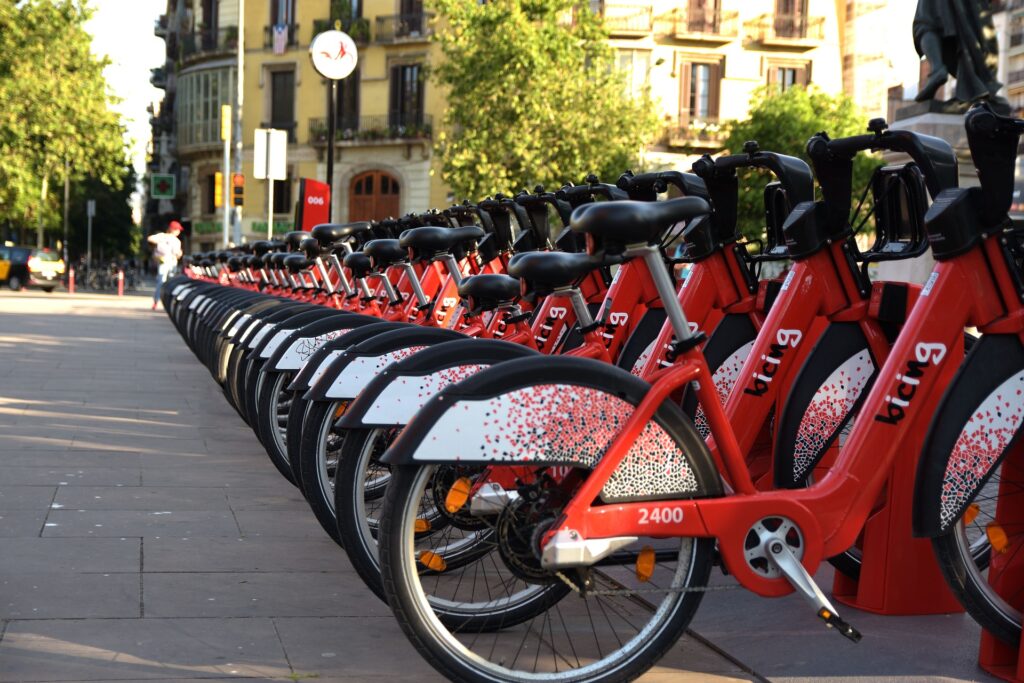
Bike-sharing was introduced in 1965 in Amsterdam. Today, the small-scale idea has grown into what it is today. Cities like Montreal and New York boasting thousands of bikes and an enviable number of stations. These are supported by a wide network allowing city residents to transverse the cities with ease.
This was to be expected. With cities bursting out of their seams and growing populations needing to get from one place to the other, what better way?
Here are five reasons why bike-share systems have enjoyed such tremendous growth.
1. Decongest Public Transportation
A good bike sharing program plays a crucial role in decongesting the public transportation systems in a city.
This is by having some commuters, especially those taking shorter routes, get on bikes instead of buses and trams.
2. Fitness
About 39% of the world’s population is overweight. It’s not hard to see why.
People take cars everywhere, including on short walking distances, taking sedentary jobs and eating more over-processed foods. That aside, you do not need to go to the store anymore as whatever you need can be delivered right to your doorstep.
This sedentary lifestyle has seen an increasing number of overweight people and related lifestyle diseases.
Biking is a great way to get a workout as it targets numerous muscle groups simultaneously.
3. Tourist Appeal
There is something novel about biking around a new city. Additionally, you can make unlimited roadside stops easily and without inconveniencing others.
This is not a quality available with public transportation systems.
For cities that host visitors and tourists, a bike-sharing system with a vast network can be very attractive and can boost the tourism industry.
4. Sustainability
A primary advantage of bike-share systems is sustainability. With an increasing focus on the environment and its sustainability, finding more efficient ways to get around is a key concern for many countries.
Bike share programs address this perfectly.
The bike models we have today use technology to ensure they are clean and efficient.
5. Encourages Innovation
Bike-sharing systems require innovators to keep exploring different technologies to build the best bikes possible.
It goes beyond the bikes and to docking stations and payment methods.
Cities are taking their time to collaborate with innovators and techies to build better bikes and build better, more efficient docking stations.
Development of payment ports, systems and platforms, and bike tracking mechanisms are other areas that have encouraged innovations as well.
The Only Way Is Up
Bike-sharing programs have only grown in popularity since their inception. With the benefits listed above, this is unsurprising.
With cities worldwide finding better ways to streamline their transportation systems and increase convenience, biking is likely to stick around for a long time to come.